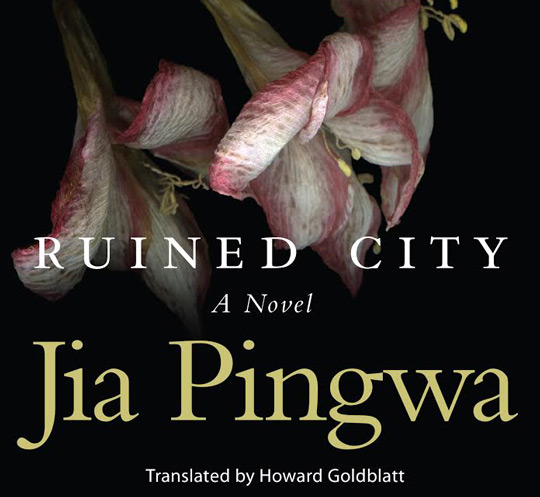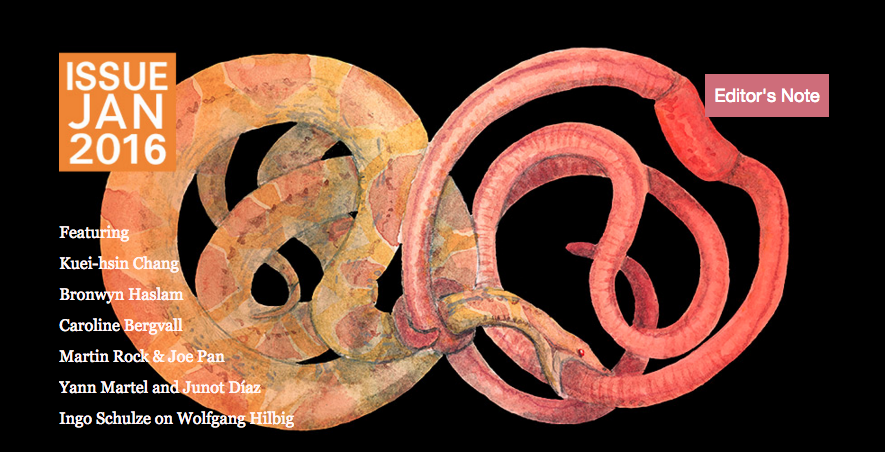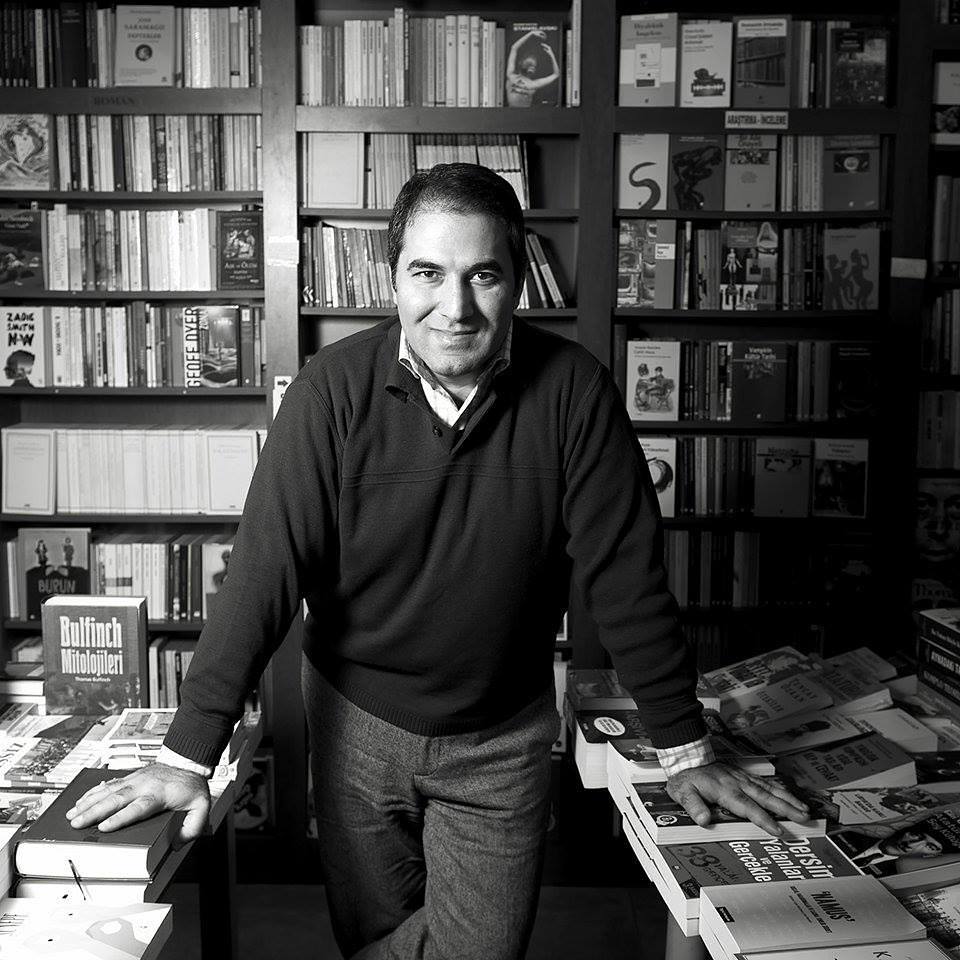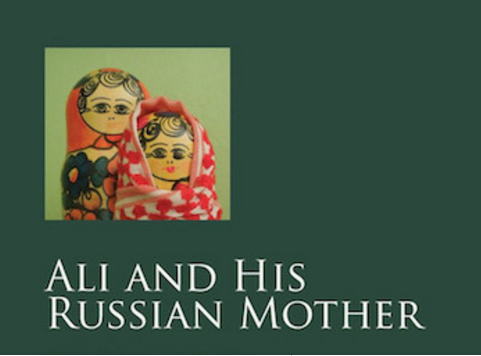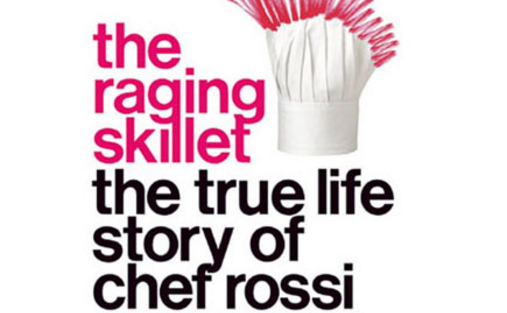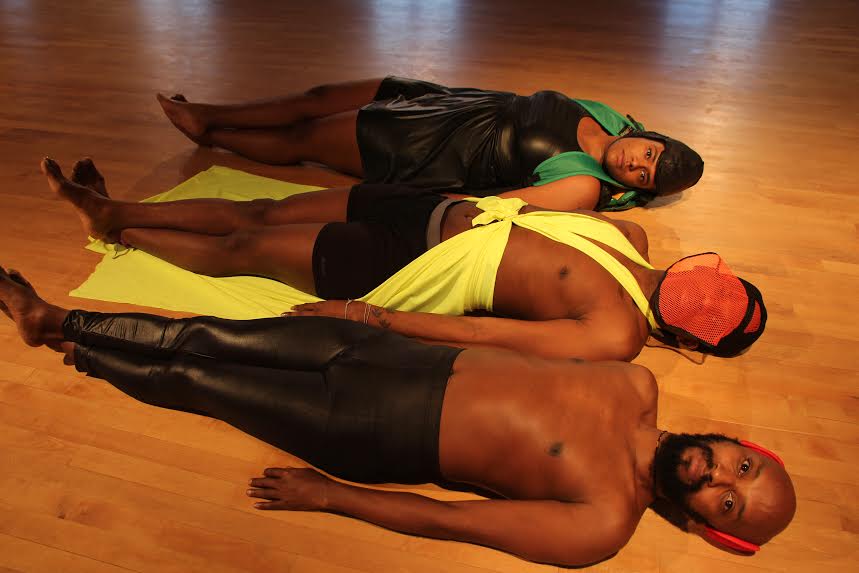When originally published in 1993, Ruined City (Fei Du) was promptly banned by China’s State Publishing Administration, ostensibly for its explicit sexual content. Since then, award-winning author Jia Pingwa’s vivid portrayal of contemporary China’s social and economic transformation has become a classic, viewed by critics and scholars of Chinese literature as one of the most important novels of the twentieth century. Howard Goldblatt’s deft translation now gives English-speaking readers their first chance to enjoy this masterpiece of social satire by one of China’s most provocative writers.
While eroticism, exoticism, and esoteric minutiae—the “pornography” that earned the opprobrium of Chinese officials—pervade Ruined City, this tale of a famous contemporary writer’s sexual and legal imbroglios is an incisive portrait of politics and culture in a rapidly changing China. In a narrative that ranges from political allegory to parody, Jia Pingwa tracks his antihero Zhuang Zhidie through progressively more involved and inevitably disappointing sexual liaisons. Set in a modern metropolis rife with power politics, corruption, and capitalist schemes, the novel evokes an unrequited romantic longing for China’s premodern, rural past, even as unfolding events caution against the trap of nostalgia. Amid comedy and chaos, the author subtly injects his concerns about the place of intellectual seriousness, censorship, and artistic integrity in the changing conditions of Chinese society.
Rich with detailed description and vivid imagery, Ruined City transports readers into a world abounding with the absurdities and harshness of modern life.
Here below is an excerpt used by permission of the University of Oklahoma Press. Click here for more information about Ruined City, released in bookstores this week.
Over the next few days, Zhou Min left early in the morning and returned home late at night, not straying from the magazine. At home he had little time for Tang Wan’er. Always itching to go somewhere, she complained that they hadn’t been to the Sheraton Dance Club for a long time, but he kept putting her off. She told him that Zhuang Laoshi had opened a bookstore to the left of the Forest of Steles Museum and said they should go check it out, see what sort of books they stocked, and show Zhuang Laoshi that they cared about what he was doing. Zhou replied impatiently, “I don’t have time for that. You can go if you want.” He did nothing but play the xun on the city wall and sleep. Upset, she ignored him. When he left for work in the morning, instead of going out on her own, she stayed home and tended to her appearance, putting on perfumed rouge and painting her brows thin and smooth. She kept her ears pricked, thinking it was Zhuang coming to see her every time the metal ring on the door made a noise. When they had made love that first time, she was elated that the barrier between them had been removed. As she thought about how she was now his, her face burned and she got hot all over from arousal; when she saw how the people passing by the door outside looked indifferently at the pear tree, she laughed coldly as her anger rose: Just you wait, one of these days you’ll know what I mean to Zhuang Zhidie. Then I’ll watch you come fawning over me and embarrass you until you look for a place to hide. But it had been so long, and Zhuang had not shown up again, so she vented her anger on herself by mussing her hair and by pressing her lips on the mirror and the door to leave red circles. That night, the moon was as bright as water. As usual, Zhou Min went to the city wall to play his xun. Wan’er shut the gate and went in to take a bath. Then, draping her nightgown over her naked body, she went out and sat on the lounge chair under the pear tree. Utterly lonely, she thought about Zhuang Zhidie: Why don’t you come? Were you, like all the other men, just satisfying a sudden urge that day and put me out of your mind once it was over? Did you simply want the memory of another woman added to your list of conquests? Or, as a writer, did you merely use me as material for something you were writing? She thought some more, and as she savored the memory of that day, she retracted her earlier thoughts. He would not be like that. The look in his eyes when he first saw her, his timid approach, and his madly urgent behavior when they were together gave her the confidence that he was truly fond of her. Her first sexual encounter had been with a manual laborer, who had forced her down on the bed, and that had led to their marriage. After the wedding, she was his land and he was her plow; she had to submit to him whenever he felt like cultivating his land. He would climb on with no preamble and finish before she felt a thing. With Zhou Min, she naturally enjoyed what she hadn’t had with her first man, but Zhou was, after all, a small-town character who could never compare with a Xijing celebrity. Zhuang had started out shyly, but once he entered port, he was immensely loving and tender; his many tricks and techniques had finally taught her the difference between the city and the countryside, and between one who was knowledgeable and one who was not. She came to know what makes a real man and a real woman. She touched herself as she followed this line of thought, until she began to moan and groan, calling out to Zhuang. She was writhing and squirming on the chair. The chair creaked and inched slowly toward the pear tree; squinting at the moon through the branches, she fantasized that it was Zhuang’s face. As she flicked her tongue, she wrapped her legs around Zhuang until she was up against the tree trunk, where she moved, rocking the tree and swaying the moon, until one final, forceful push of her body before she went limp. Three or four pear leaves circled above her and then settled onto her body. Exhausted, she remained in the chair, lost in thought, so weak it felt as if all her bones had been removed. READ MORE…

